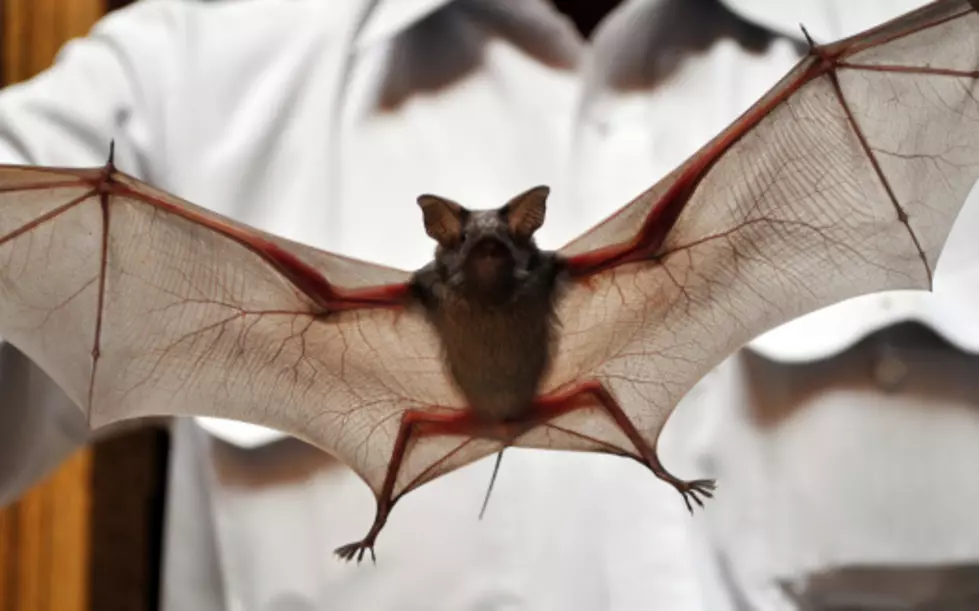
Erie County Warns That With Warmer Weather Comes Higher Risk Of Rabies
As the temperatures increase this summer in Western New York, so will the risk of rabies exposure. The Erie County Department of Health reports that it is getting calls already about bites and scratches from wildlife and domestic pets. Erie County Commissioner of Health Dr. Gale Burstein said,
Any bite or exposure to the saliva or nerve tissue of any warm-blooded animal, i.e., mammals, can transmit rabies. The rabies virus is 100% fatal to humans if a post-exposure treatment is not given, is given too late, or not given correctly.
Rabies is a preventable viral disease most often transmitted through the bite of a rabid animal. The rabies virus infects the central nervous system of mammals, ultimately causing disease in the brain and death. The vast majority of rabies cases reported to the Centers for Disease Control and Prevention each year occur in wild animals like bats, raccoons, skunks, and foxes, although any mammal can get rabies.
Once a person has been exposed to rabies, they will need “post-exposure prophylaxis,” which is four or five doses of rabies vaccine along with immunoglobulin. If it is given in time, it is effective in preventing the person from developing rabies. Dr. Burstein says,
Our environmental health division and epidemiology office are highly experienced in investigating reports we receive from Erie County residents and physicians, and ready to make recommendations about whether or not post-exposure rabies treatment is necessary.
If you or a family member has touched a wild animal or has been bitten by any animal, please call the ECDOH at (716) 961-6800. The department will investigate the situation. If a vaccine is needed, the person can receive it without paying out of pocket, regardless of whether they have health insurance or the ability to pay. Senior Public Health Sanitarian and Rabies, Disease and Vector Control Program Director Peter Tripi said,
We hear from residents who are trying to rehabilitate young animals, like baby raccoons or baby foxes, and even bringing them into public spaces or passing around to friends. Touching and feeding wild animals puts your health at significant risk, and will likely not benefit the animal. Call a licensed wildlife rehabilitator; they are best trained to help abandoned or injured wildlife.
The department states that bats should always be considered rabid. If you discover a bat in your home that may have been near or had contact with a child, sleeping person or a person with a sensory or mental impairment, contact the health department at (716) 961-6800. If an adult can catch the bat without damaging its head, it can be tested for rabies.

9 Of The Deadliest Animals On Earth Can Be Found In New York State
Watch Out For These 5 Dangerous Invasive Pests In New York State
Here's What You Can Do To Help Prevent Mosquitos Around Your Home
More From 92.9 WBUF









